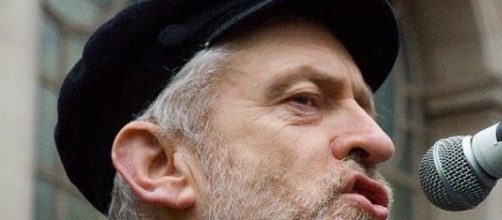Labour's Jeremy Corbyn laid out his beliefs on education, saying he believes that the party "got a bit too comfortable and timid on education in the election campaign," on an interview with The Guardian. Despite being a surprise addition to the leadership candidate list, he is the most popular with people on the left of the party. Jeremy Corbyn has set out a strikingly different vision of Labour education policy to the other leadership candidates.
He made it clear that he is not a supporter of free schools and academies, which have been a big part of the coalition and Conservative education policy.
Academies are schools funded by the government, but outside of local authority control; while free schools are schools set up by non-profit groups, for example charities or groups of parents, and funded by the government to run as an academy.
Jeremy Corbyn wants to bring these schools back under local authority control, stating that the current system puts too much power in the hands of ministers. His viewpoint being that no matter how great a minister is, they can't watch over every school in the country. He added: "It would be a bit like saying that the Indian minister for railways has got to know what is happening on the 8:57 into Calcutta."
He suggested that it's important to look at the wider social issues around schooling, saying that education should be linked to housing, requiring local authorities to oversee and provide funding to schools as well as building new schools to meet demand for places.
He stated that "lack of local or national planning plays into a narrative of blaming new migrants in an area."
He also wants to resolve issues placed by families in the private rented sector when they need to move, as well as funding for very early pre-school education, where the very poor can get help, the rich can pay, but everyone in the middle struggle to make their own arrangements. For children moving on to further education, he said it was important to have opportunities for them to do so.
He wishes to bring back the Education Maintenance Allowance, scrapped in 2010 by the coalition, and to ensure that further education opportunities were available to all. "I was not in favour of the publication of the original school league tables," he revealed, suggesting that it provides added stress for parents because there would always be someone at the top and someone at the bottom.
His vision is one of offering greater freedom to study, fewer tests and discouraging league tables while getting the media to look at an overall performance of a school instead.
Being sceptical of the value of choice, he said he did not see an issue if all children in the same community went to the same school. He stated that bringing children together in the same schools could help people to understand each other and integrate better, helping to bring about a more cohesive and coherent society.
His final points were that he wishes to turn all grammar schools into comprehensives and to end the 11-plus. He believes all children should have an equal chance and that we should take pride in providing a first rate comprehensive education.
He also wants to reduce stress levels for teachers, while thanking and valuing them for their work. He said that many teachers tell him that: "I would love to recommend teaching as a career but I don't want anyone to do what I have had to do. The pressure is too great." He no longer wants that to be the case.

